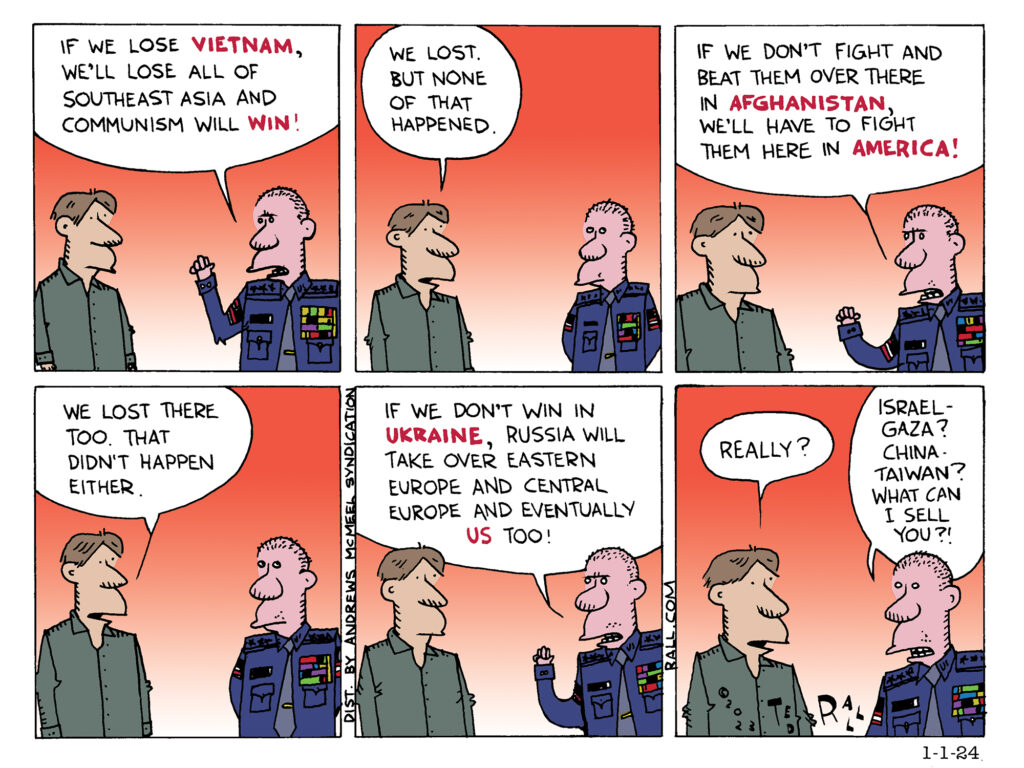 On this edition of The Final Countdown, hosts Ted Rall and Angie Wong discuss the latest developments domestically and abroad, including Trump’s hush money sentencing being delayed.
On this edition of The Final Countdown, hosts Ted Rall and Angie Wong discuss the latest developments domestically and abroad, including Trump’s hush money sentencing being delayed. The Final Countdown – 7/3/24 – Biden Considering Dropping Out of Race
 On this edition of The Final Countdown, hosts Ted Rall and Angie Wong discuss the latest developments domestically and abroad, including Trump’s hush money sentencing being delayed.
On this edition of The Final Countdown, hosts Ted Rall and Angie Wong discuss the latest developments domestically and abroad, including Trump’s hush money sentencing being delayed. 



